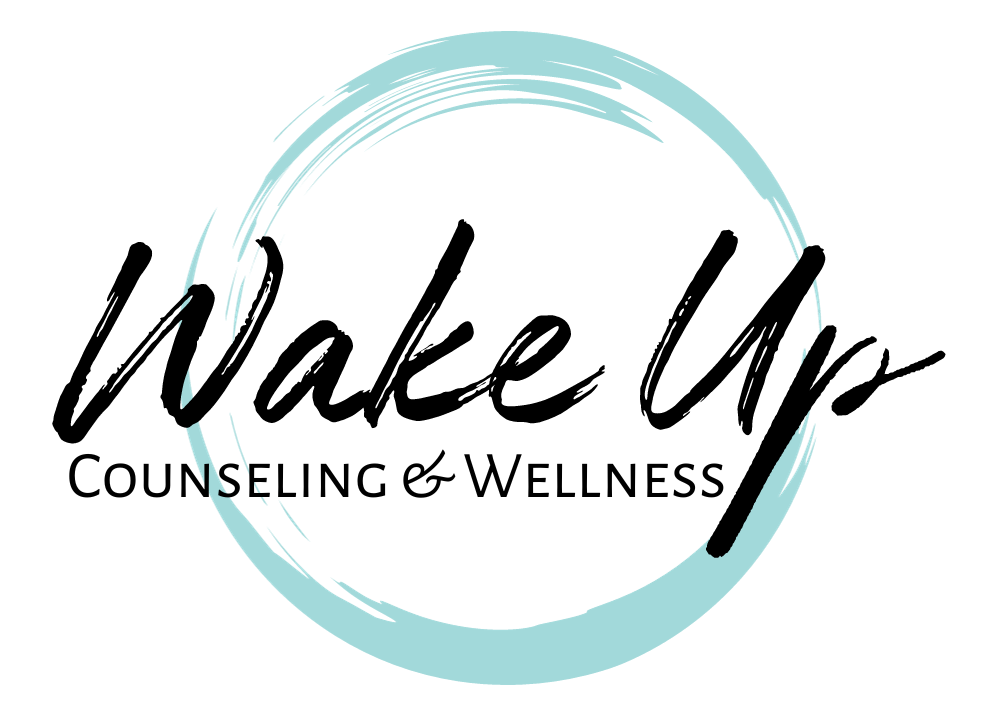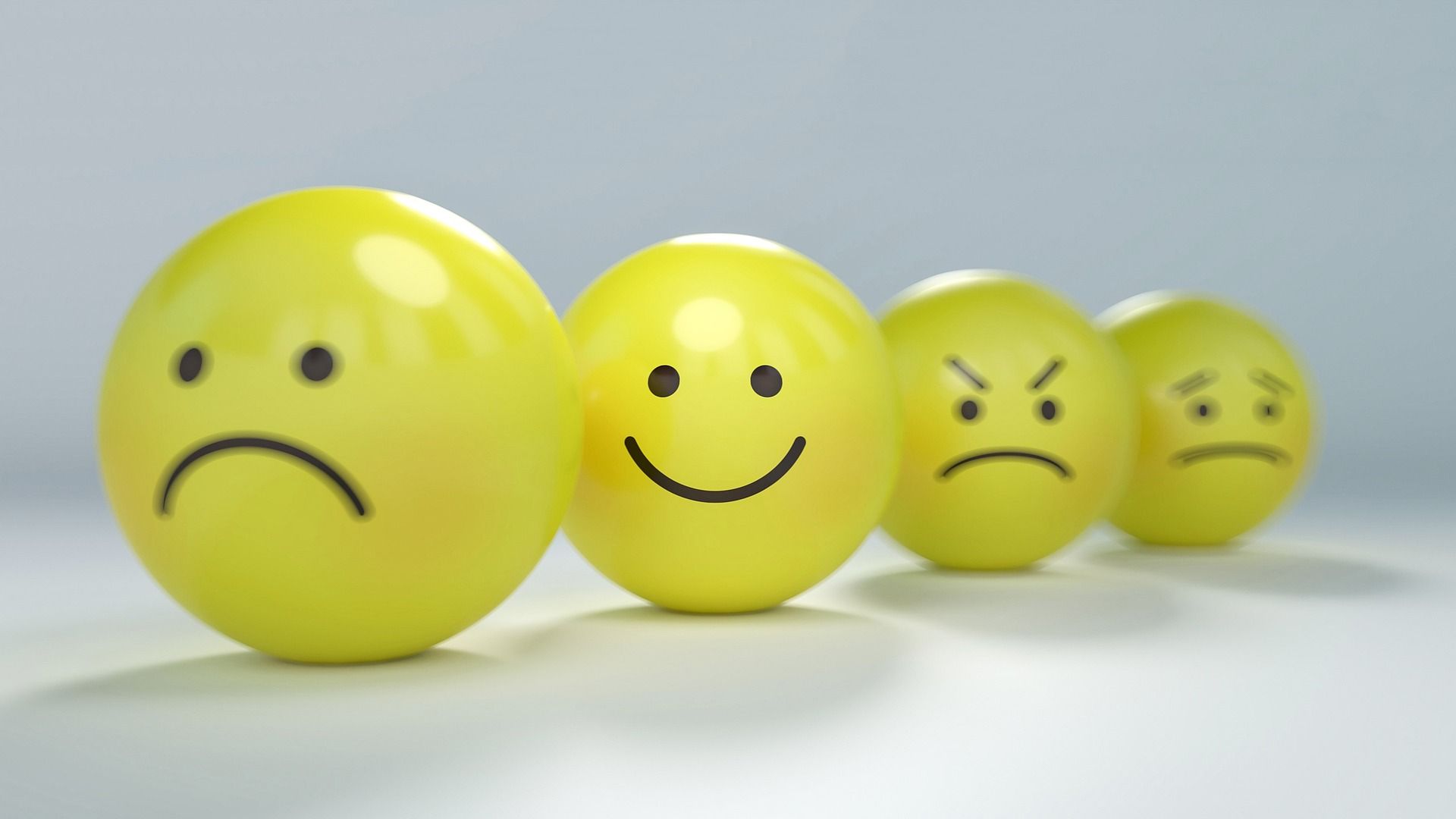Understanding the Functions of Emotions
by Thomas M. Workman, PhD, LPC, NCC
August 28, 2025
Emotions & Therapy
Most people seek help because of painful emotions and related sensations. Even if a loss, relationship challenges, difficult thoughts, or other stressors provide the situation that brings people to therapy, it is often because of emotions or feelings that are connected to these stressors. This is an important point for many reasons. One reason is that depending on what a given stressor is, it might not change. In this case, the only pathway forward is to figure out how to effectively understand and navigate life with our emotions.
Emotions & Choices
When teaching and providing therapy, I frequently ask people if they have ever discussed the function of emotions in their lives. The vast majority of time, they have not. The lack of discussions about emotions is concerning because emotions are closely connected to many of our mistakes and difficulties in life. Sometimes, we just don’t like the sensations in our bodies, and we take action to try to change the way we feel. The problem is that we don’t always make the best choices when experiencing strong emotions. In fact, many of our choices actually make the experience more difficult.
Below are some examples of the role of emotions in our decisions and mistakes.
- Conflicts in relationships are often related to regulating feelings of anger, inferiority, guilt, or impulses.
- Financial difficulties and overspending may be related to regulating anxiety, sadness, restlessness, or other feelings.
- Challenges in school or the workplace are often related to regulating feelings of restlessness or the pleasure associated with doing, or imagining, more appealing tasks.
- Depression may be triggered by regulating feelings of loneliness that many people experience from time to time.
Emotions are Signals to Look & Act (maybe)
Emotions are signals to look and pay attention, but they do not have any information. This point can be very confusing for us sometimes. Emotions occur in response to thoughts, perceptions, and consciousness, but they themselves do not have any content. In fact, they occur in an entirely different portion of the brain than thoughts and perception.
Let’s use guilt as an example. Many of us feel guilt from time to time. A thought may come up about something that was said to another person a few days ago, and this thought is accompanied by feelings of guilt. Here, guilt is a signal to examine the situation to determine if something was done that merits feeling guilty. If a mistake was mistake, we can take action to apologize, adjust our future behaviors, and move on in our day. If a mistake was not made, we can acknowledge the guilt, know that we’ve looked, and move on with our day. But just because we examined it and acted, does not mean that the feeling will immediately cease. Think of it like the engine of a car. It takes time for it to cool off. Additionally, the memory of the conversation might resurface a few hours later and guilt accompanies it, merely because it is associated with the memory. Once we have acted, unless new information emerges, it’s usually acceptable to remind ourselves that we acted and then resume our day.
It’s important to recognize that guilt is necessary for us to maintain healthy relationships. We don’t want to eliminate guilt or any of our emotions, we absolutely need them! Without guilt, we wouldn’t apologize and make amends. We wouldn’t adjust our future actions so that they do not harm others. We wouldn’t be able to build strong, valued bonds with others. We would risk losing the best parts of life.
Emotions are necessary for our survival, so we do not want to eliminate them. We do want to learn to understand them and listen to them accurately. The are no bad emotions. We find some emotions pleasant and some emotions unpleasant. But none of them are bad. Guilt and other emotions can be a friend to us; they are signals and breadcrumbs that are meant to guide us through a meaningful and healthy pathway in life.
If you are having thoughts of harming yourself or others, or if you are in crisis, call the Lifeline by calling 9-8-8, texting 9-8-8, or visiting https://988lifeline.org/. You can also contact emergency services by dialing 9-1-1 or proceed to your nearest emergency department.


